Pole Is My Therapy
~Interview with Sophia Amenrud
Sophia has been studio dancing since she was 3 years old, but when she became a teenager the comradery turned to cliques and girls became mean. That’s when she quit. When she was 13, her mom took her along to a pole class at Dollhouse. She was nervous and she thought “it would be kind of just a joke, one-time thing.” But that one class sparked a deep love. “The people there were so welcoming and nice,” says Sophia.

It was a dark time in Sophia’s life. She had friends, but no one she felt she could truly rely on. She had developed mild depression and she started drinking. “I thought,” says Sophia, “that drinking made me more outgoing and more fun, and therefore, I made more friends and more people liked me.” She went to school tipsy and nobody knew what she was struggling with. After about six months of this, her parents found out and took her to therapy. It was a difficult time, but Sophia says, “When I look back, the only thing that really helped me was pole. I channeled all of my emotions into it.” Dancing became her coping technique and she still uses 3 years later.

Being a teenager isn’t easy and being a teen poler is even harder. She’s had judgment from her friends and from adults. “My best friend since Kindergarten stopped hanging out with me because her mom didn’t like that I was a pole dancer,” says Sophia. Doing pole has opened her eyes to the harshness of closed-minded people. “Sometimes there will be a bachelorette party (at Dollhouse). Most of the girls…have this idea that it is purely stripping…(until they get done…and realize it’s actually a sport). They will give my mom dirty looks for bringing her child to pole class.” But Sophia simply loves poling and her mom supports her.

Aside from being her therapy, pole calls to Sophia in many ways. One of the great gifts of pole, according to Sophia, is “the feeling you get when up in the air doing a trick. You forget about everything else and you feel completely free.” She loves the no-judgment community and how challenging the sport is. During her first year of pole, she struggled to get her invert. “I would practice every day,” she says, “and I would try everything and I couldn’t get it. But now I have my invert and it is very strong and pretty.” Her next goal is her handspring, which she hopes to get this summer.
Sophia trains at the gym once a week with weights and running. She looks up pole tricks to try at home, but she also has her pole coach. Sophia says, “Emily Elise is one of the reasons I keep doing it. She is so fun and confident and proud of who she is….I love her and she deserves credit if I ever go anywhere in the pole industry.” Sophia has already performed at Minnesota Pole Competitions (MNPC) twice and showcased in Dolls Must Die two years ago. Pole has given her back the joy of dancing. “It is all the parts of studio dancing that I loved and missed.” She choreographs, selects music and makes her costume. She says, “Seeing everyone support me is so inspiring.” Amidst the physical, mental, and social challenges of the sport, Sophia has found a loving place.

Interview and article by:
Sara Wielenberg
